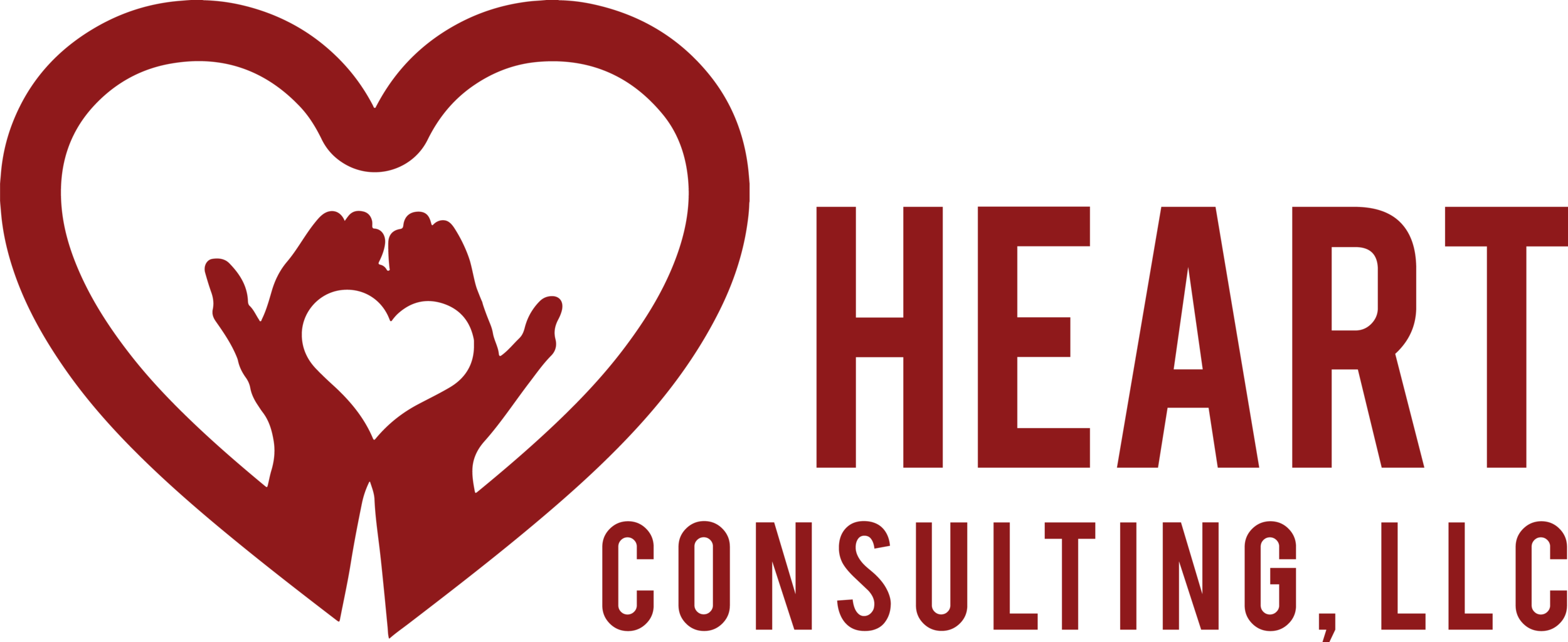Practice Makes Perfect
February is Teen Dating Violence (TDV) Awareness Month, and you need to realize something: you probably know someone who’s been affected.
The latest research shows that 1 in 3 teens will experience some form of intimate partner violence during adolescence. This could include mental, emotional, physical, or sexual abuse. If there’s a teen in your life (your child, niece/nephew, grandchild, friend’s child, etc.) it’s very likely that they, or one of their friends, have been affected by TDV. Victimization as a teenager increases a person’s chances of being victimized as an adult. People with disabilities are at an increased risk of experiencing dating violence. If there’s anything you’re going to remember about this piece, let it be this: ignoring the problem will not make your child any less likely to be targeted.
In a previous position, I went into classrooms to speak with students about healthy relationships and dating violence. These conversations started in kindergarten and continued through high school. People used to chuckle when I mentioned talking to 5 year olds about healthy relationships, making jokes about teaching kids not to push each other on the playground. That was exactly the point.
When I came into a classroom, I would usually ask the students to raise their hands if they, or friends of theirs, had started dating yet. If very few students raised their hands, there was typically one kid who would always ask, “No one dates yet. Why do we have to talk about this?”
“Because practice makes perfect.”
I compared it to playing a sport. You would never sign your team up for a match without having practiced first. You don’t get your license without spending months practicing. You shouldn’t start your first relationship without practicing the positive behaviors.
I talked to young children about identifying their emotions, setting boundaries, and sharing if someone made them feel uncomfortable or unsafe. I talked to middle schoolers about what it means to be in a dating relationship, how to determine who might be a good partner, and how to maintain friendships while being in a relationship. I talked to junior high students about how to set physical and emotional boundaries, how to understand consent, and how to support a friend who’s in an unhealthy relationship.
I’m seeing lots of similarities between that position and working in the disability community. People think that they could never understand education around relationships or sex. That they’re not dating yet, or showing a current interest, so why talk about it? It’s assumed that they could never have a fulfilling, meaningful relationship anyway.
In the beginning, I’ll admit that I was surprised by some of the insight that young kids had into the intricacies of healthy and unhealthy relationships. I too was under the impression that they didn’t spend much time thinking about, or observing, dating behaviors. I could not have been more wrong. Giving them a chance to openly share their thoughts and questions created a space for real critical thinking to happen. Many kids often commented about feeling like the adults in their lives wouldn’t listen to what they had to say about relationships, or would dismiss their questions because they “didn’t need to worry about it yet.” The longer we delay these conversions, the greater the risk of being victimized.
Don’t discount someone’s ability to understand, or desire to have, a healthy relationship. You might even learn something from them.
Jordann Mason, Community Outreach Director
